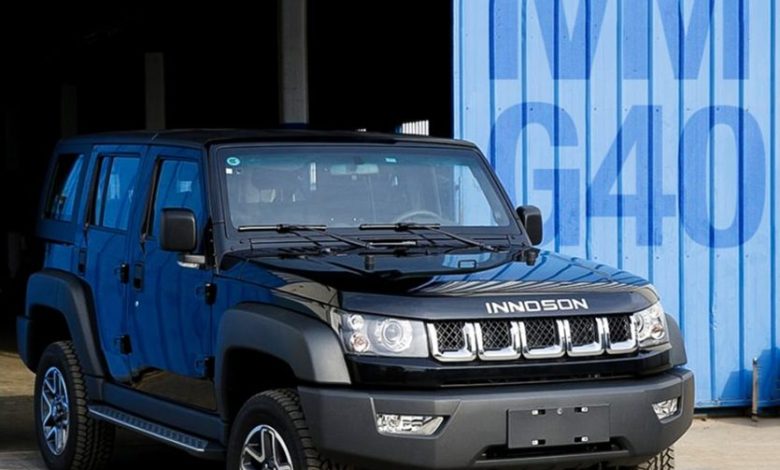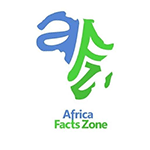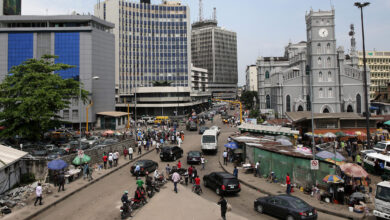Cars Produced in Africa by African Automakers

In Africa, car ownership has predominantly involved importing vehicles, often second-hand, incurring substantial import duties.
However, a burgeoning African automobile industry is challenging this status quo, offering durable and affordable cars.
Notable companies, such as Ghana’s Kantanka and Nigeria’s Innoson Motors, are at the forefront of this transformation, reshaping Africa’s automotive landscape.
Here are African-owned automobile manufacturers driving this change:
ALSO READ: Africa’s Top 10 Premier Seaports: Major Trade Gateways
Cars Produced in Africa by African Automakers
1. Birkin Cars (South Africa):
Founded in 1982, Birkin Cars is one of South Africa’s oldest automobile companies, renowned for its classic reproductions.
Their vehicles, including the SS3 Street Series and the CS3 Clubman Series, have garnered acclaim and are sold internationally in the United States, Japan, and Europe.
2. Innoson Motors (Nigeria):
Innoson Vehicle Manufacturing Company, established by Nigerian entrepreneur Innocent Chukwuma, holds the distinction of being Nigeria’s first technology company to produce cars.
They have manufactured over 500 Nigeria-made cars, with prices ranging from N1.5 to N3.5 million, attracting the Nigerian government’s patronage.
Innoson assembles a variety of vehicles, including pickup vans, SUVs, and buses, with models like Innoson Fox, Innoson Umu, and Innoson G5 already in use in Nigeria.
3. Kantanka Cars (Ghana):
Ghana’s Kantanka Automobile Company, founded by Dr. Ing. Kwadwo Safo Kantanka, produces both saloon cars and four-wheel drives, including SUVs like Nkunimdie and Kantanka Opasuo.
These Ghana-made vehicles are gaining popularity, and the company announced plans to manufacture electric cars by the end of 2020.
4. Kiira Motors Corporation (Uganda):
Kiira Motors Corporation (KMC) in Uganda has a unique focus on creating hybrid electronic vehicles.
Launched in 2014 by engineering students from the University of Makerere, who participated in the Vehicle Design Summit initiated by MIT students in 2006, KMC is backed by the Ugandan government.
Their lineup includes the Kayyoola Solar Bus, Kiira EV Smack, and Kiira EV POC, boasting a battery bank capacity of 40AH and 207V, signaling a new era for Uganda’s automotive industry.
ALSO READ: Africa’s Top 10 Premier International Airports
5. Laraki (Morocco):
Laraki, initially a yacht manufacturer, transitioned to producing luxurious supercars. They introduced their first car, the Laraki Fulgura, in 2002, followed by the Borac and Epitome.
Laraki’s 2013 Laraki Epitome Concept, sold for $2,000,000, features a V8 engine with 1100 Horsepower (RPM) and a top speed estimated at 175 mph.
These are custom-built concept cars, ranking among the world’s most expensive vehicles in 2015, priced at over $2 million each.
6. Mobius Motors (Kenya):
Founded in 2010 for the African market, Mobius Motors released its first batch of low-cost vehicles recently.
With simplified design concepts, Mobius produces efficient and affordable cars designed to compete with the second-hand vehicles prevalent in the East African market.
These vehicles, designed with African road conditions in mind, are priced at approximately $10,000.
7. Wallyscar (Tunisia):
Wallyscar, established in 2006 in La Marsa, Tunisia, is known for producing affordable, reliable, and powerful 4X4s. The company’s cars are sporty, colorful, and environmentally friendly.
A report from 2014 indicated that Wallyscar sells over 600 units annually, primarily in Africa and the Middle East.
8. SNVI (Algeria)
Founded in 1967, SNVI is an Algerian company specializing in the production of trucks, buses, and semi-trailers.
The company exports its products to various countries, including the Democratic Republic of the Congo, Iraq, Gabon, Guinea-Bissau, and Libya.
SNVI aims to reach its 1980s production capacity of manufacturing 6,000 vehicles annually.
These African-owned automobile manufacturers are reshaping the automotive landscape on the continent, offering local alternatives to imported vehicles, and playing a pivotal role in driving economic growth and innovation throughout Africa.





